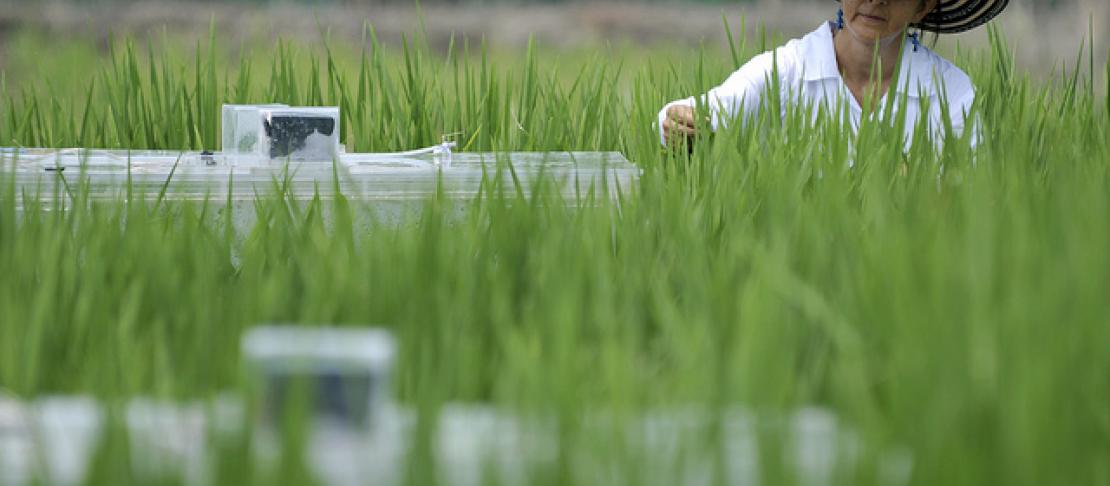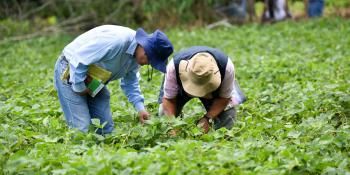Workshop: Reducing the costs of GHG estimates in agriculture to inform low emissions development

This GHG quantification methods workshop - co-sponsored by FAO and CCAFS - will support use of lower cost methods for GHG emissions, linking national needs to recent innovations to improve the design, monitoring and evaluation of climate change mitigation in agriculture.
Background
The agricultural sector seems likely to be able to achieve food security goals and adapt to climate change while also reducing global greenhouse emissions. Addressing mitigation in the agriculture sector will become increasing important due to the scale of global emissions from agriculture and increases in population growth, consumption of meat and dairy products, and use of nitrogen fertilizers.
Yet planning, monitoring or evaluating agricultural mitigation has been limited by the need for methods for GHG estimations in agriculture that are both precise, meaning scientifically adequate and comparable, location and practice specific for a given purpose, and low cost, allowing for their application at large scales, by non-scientists and adapted to the context of developing countries. Agriculture planners have also lacked the information about the methods that are available. This workshop seeks to address these limitations by bringing policy makers and scientists together, with a focus on how to meet the needs of developing counties.
Jointly organized by the Food and Agriculture Organization of the United Nations (FAO) and the CGIAR Research Program on Climate Change, Agriculture and Food Security (CCAFS), the aim of the workshop is to develop rigorous low cost data and methods that will effectively enable planning, monitoring and evaluating climate change mitigation in agriculture at the national level. Lower cost quantification of GHGs should support NAMA development and implementation as well as increase the acceptance of mitigation actions in agriculture in the regulatory and voluntary carbon markets. In the workshop, participants will tackle the challenges of improving activity and land use data, reducing cost of greenhouse gas data collection for models and emission factors, and balancing uncertainty and cost in greenhouse gas quantification.
Topics
“Reducing the costs of GHG estimates in agriculture to inform low emissions development” will include the following topics:
- Challenges for agricultural GHG quantifications
- Innovations for decreasing cost of activity data
- Methods for low-cost field measurement
- Acceptable balance between accuracy and cost when quantifying GHG reductions
- Integrating data with models to scale up estimates and reduce measurement needs
Read more about CCAFS quantification of greenhouse gas emissions efforts.
Participation
Participation is by invitation only. For more information about this workshop, please email Meryl Richards.


